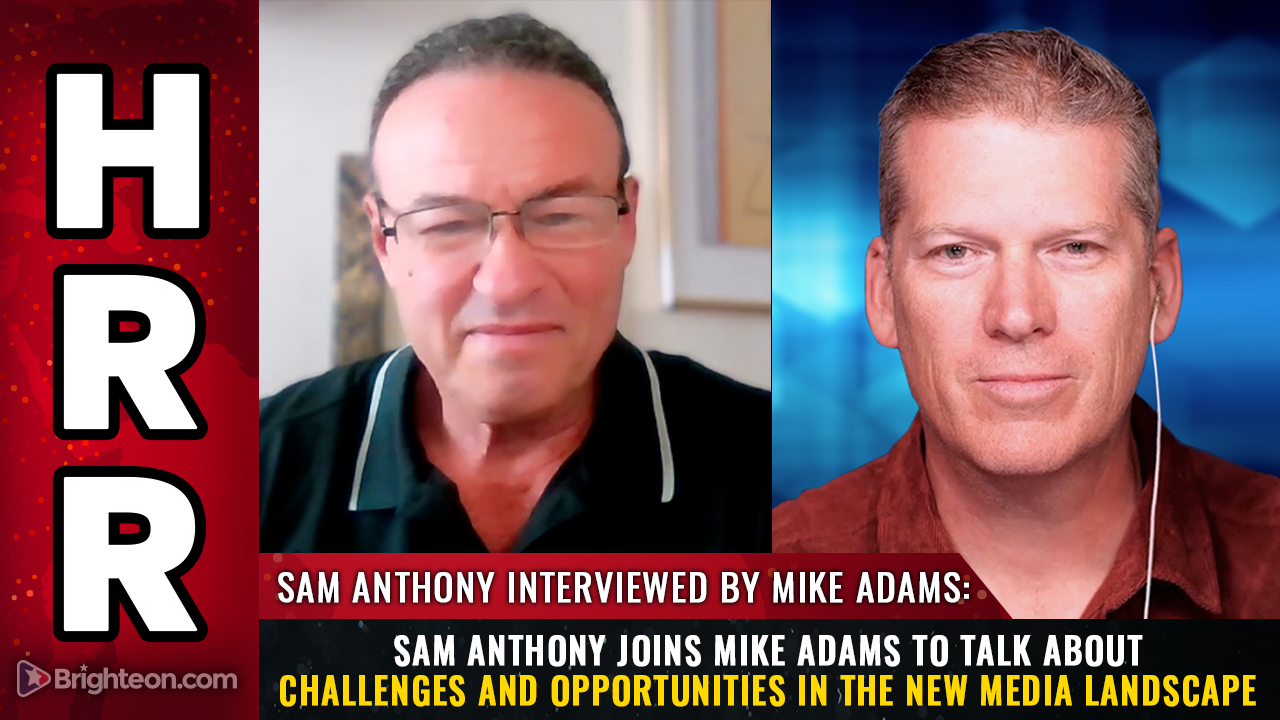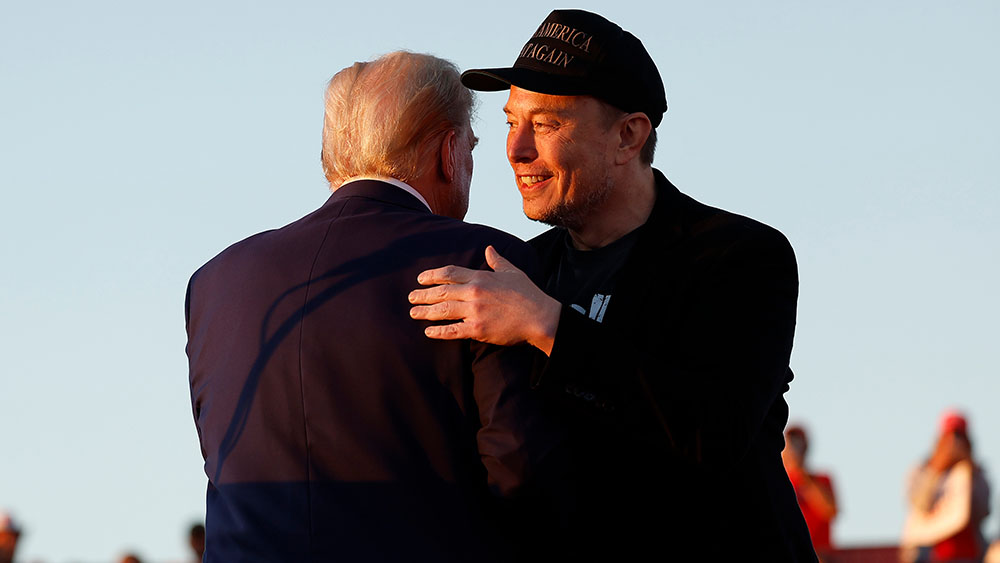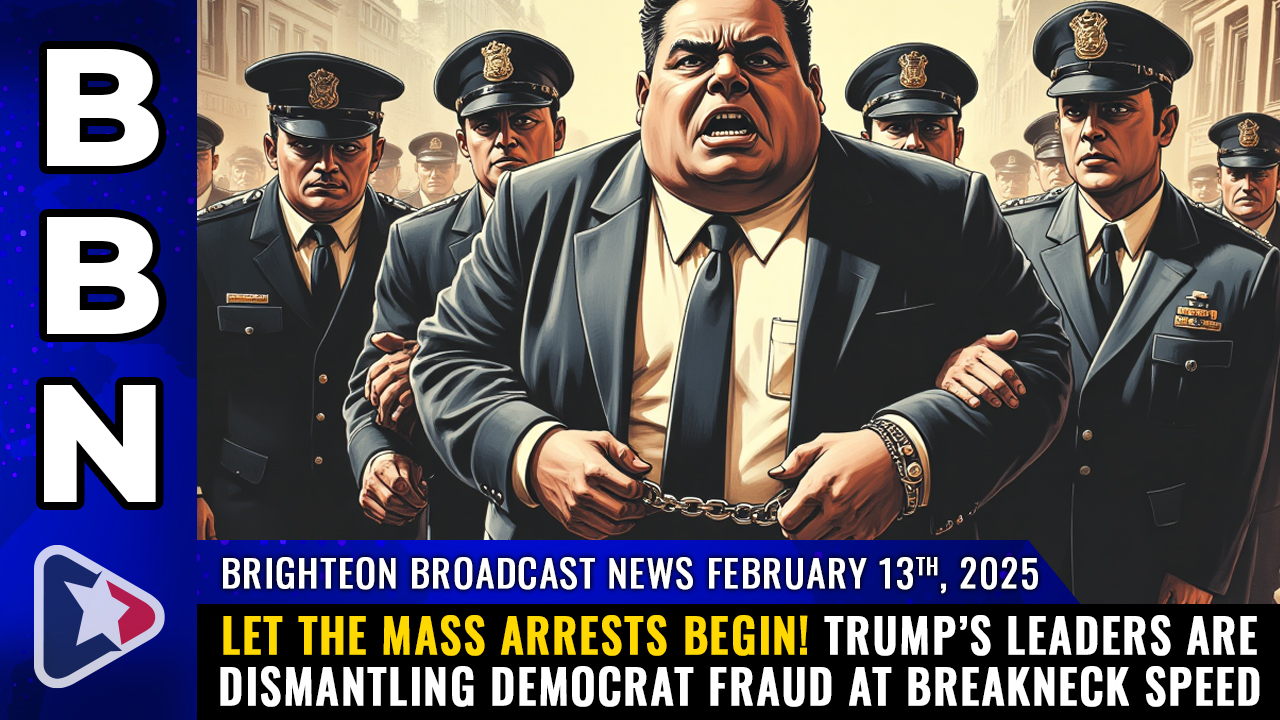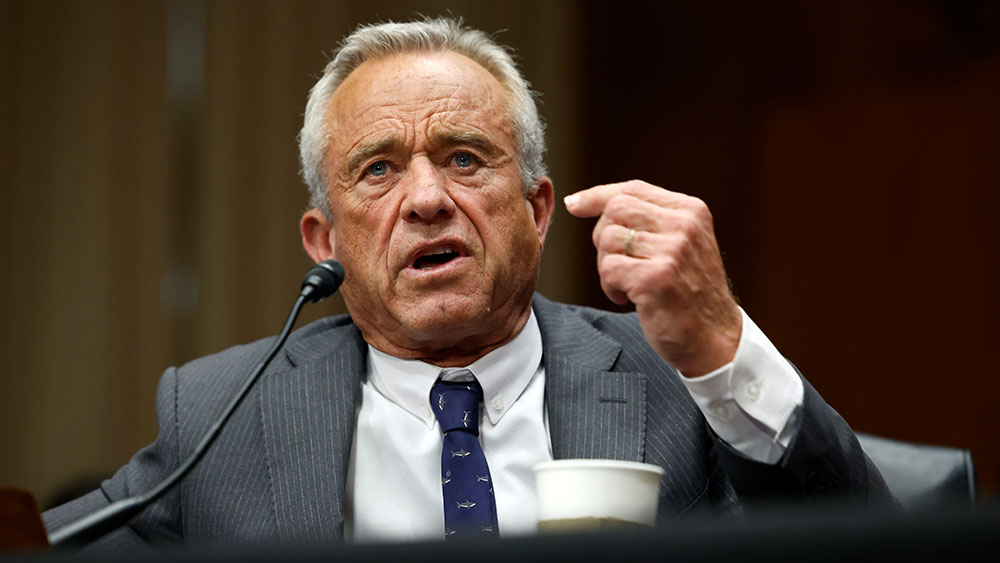 Parler
Parler Gab
Gab
A relic of the Cold War
The origins of RFE/RL and VOA are deeply entwined with the U.S.’s Cold War strategy to counter Communist propaganda. VOA, established in the 1940s, began as a counter to Nazi misinformation and later shifted focus to the Soviet Union. RFE/RL, born out of RFE in 1953, initially broadcast as “Radio Liberation from Bolshevism,” a direct challenge to Soviet influence in Eastern Europe. The two outlets merged in 1976, consolidating their mission to promote democracy and counter authoritarian narratives. While these outlets played a critical role during the Cold War, independent thinkers argue that their relevance today is questionable. Musk and Grenell have repeatedly pointed to Europe’s current “freedom” as evidence that RFE/RL’s original mission is outdated, and the outlets are being used by corporate and authoritarian interests to push their own form of misinformation.Taxpayer-funded media should be opposed because it quickly becomes a controlled propaganda rag
Musk’s proposal to end funding for RFE/RL and VOA aligns with his broader crusade against government expenditure on media organizations. Bought-off media outlets can easily be manipulated to promote the narratives of the current government in power. The public funding also makes these media outlets unable to stand on their own merit, by definition. Earlier this year, Musk’s team targeted federal payments to media outlets like Politico, the AP, and the New York Times, calling these subsidies a mismanagement of taxpayer dollars. According to White House Press Secretary Karoline Leavitt, the government spent over $8 million on Politico subscriptions alone in 2023. This essentially makes Politico and the other bought-off outlets PROPAGANDA RAGS, easily controlled by whoever is funding them and directing left-wing narratives at the corporate level. Richard Grenell’s criticism of RFE/RL and VOA adds fuel to the fire. On X, Grenell disparaged the outlets as “government-paid media,” filled with “far-left activists.” Musk responded with characteristic vehemence: “Shut them down. Europe is free now. Nobody listens to them anymore. It’s just radical left crazy people talking to themselves while torching $1B/year of US taxpayer money.” These outlets have become nothing but ideological mouthpieces, operating under the guise of objective journalism. Elon Musk’s call to dismantle RFE/RL and VOA is a symbolic battle over the role of government in shaping the infosphere. It’s time for the propagandists in the corporate media to be replaced by true independent media heroes who stand on their own merit, who have endured censorship from the left and the corporations they kowtow to. Over the past decade, independent journalist have persevered in an information landscape that was anti-competitive, discriminatory, and weaponized against them by Big Tech companies, petty foreign officials, foreign NGOs, USAID-funded activist groups, vindictive federal agencies, and global government bodies. Sources include: RT.com RT.com Censorship.newsBy Arsenio Toledo // Share
Tennessee pastor’s call for violence against Elon Musk sparks outrage
By Cassie B. // Share
Jean-Luc Mélenchon calls for “Great Replacement” of White French with “Creole” generation
By Lance D Johnson // Share
How Trump, Musk, and a team of coders revolutionized government efficiency in just weeks
By Cassie B. // Share









